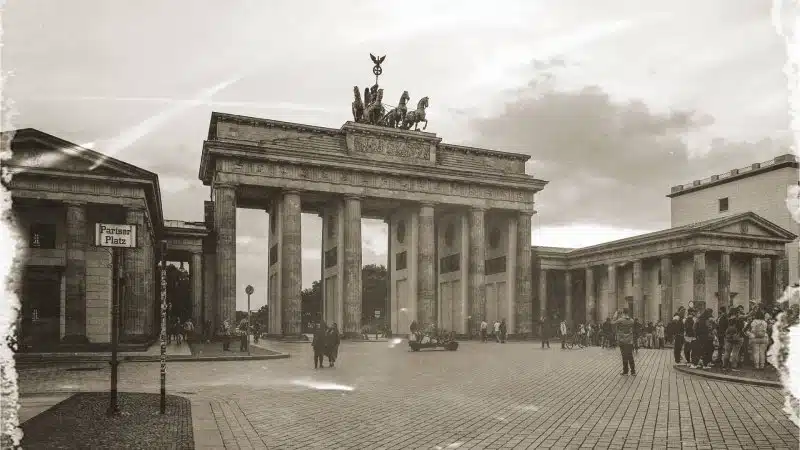
From Menonite Colonies to residents in Berlin, we open the door to connecting with German communities across the globe. Chat with Languages in Motion about our German translation services today and get help with education translation services and simultaneous interpreting services.
German is the most widely spoken language in the European Union and the most taught language in the world with 95 million native speakers (mainly in Central Europe) and an additional 10 to 15 million second language speakers (especially in Eastern Europe). It is the official language of Germany, Austria, Switzerland, Liechtenstein, South Tyrol (Italy), Luxembourg, and Belgium. The German language is a member of the West Germanic language family, which also includes Dutch, Afrikaans, Frisian, English, and Yiddish. At Languages in Motion, we’re ready to connect you with German communities across the world with our certified translators and interpreters.
All Germanic languages originate from the Proto-Germanic language, which was spoken since 500 BCE and developed in Scandinavia. There are two Germanic dialects which vary in writing or pronunciation: Low German and High German which is subdivided in Upper German and Central German. Nowadays, Low German dialects in the northern area are mostly fading with only older people speaking it. Younger people tend to use Standard German. The most important factor in the development of Standard German was by Martin Luther King in the year 1522, when it became the language of education and was more widespread, influencing local dialects.

Indeed, it does. Some terms in German do not exist in other languages, making translating and interpreting slightly more difficult. An example is “fremdschämen”, which refers to “feeling shame on another person’s behalf”. Thankfully, we have certified German translators that can help ensure 100% accurate translations, so you never miss a thing.
Despite similarities between English, German and Dutch, the various dialects, unique words, and linguistic and cultural differences between German-speaking regions and countries, translation can be difficult to someone who doesn’t understand it. It’s best to hire a professional translator or interpreter to help you bridge the communication gap.
#300 – 404 6 Ave. SW Calgary, AB
1231 Pacific Blvd #270 Vancouver, BC
©2025 Languages in Motion